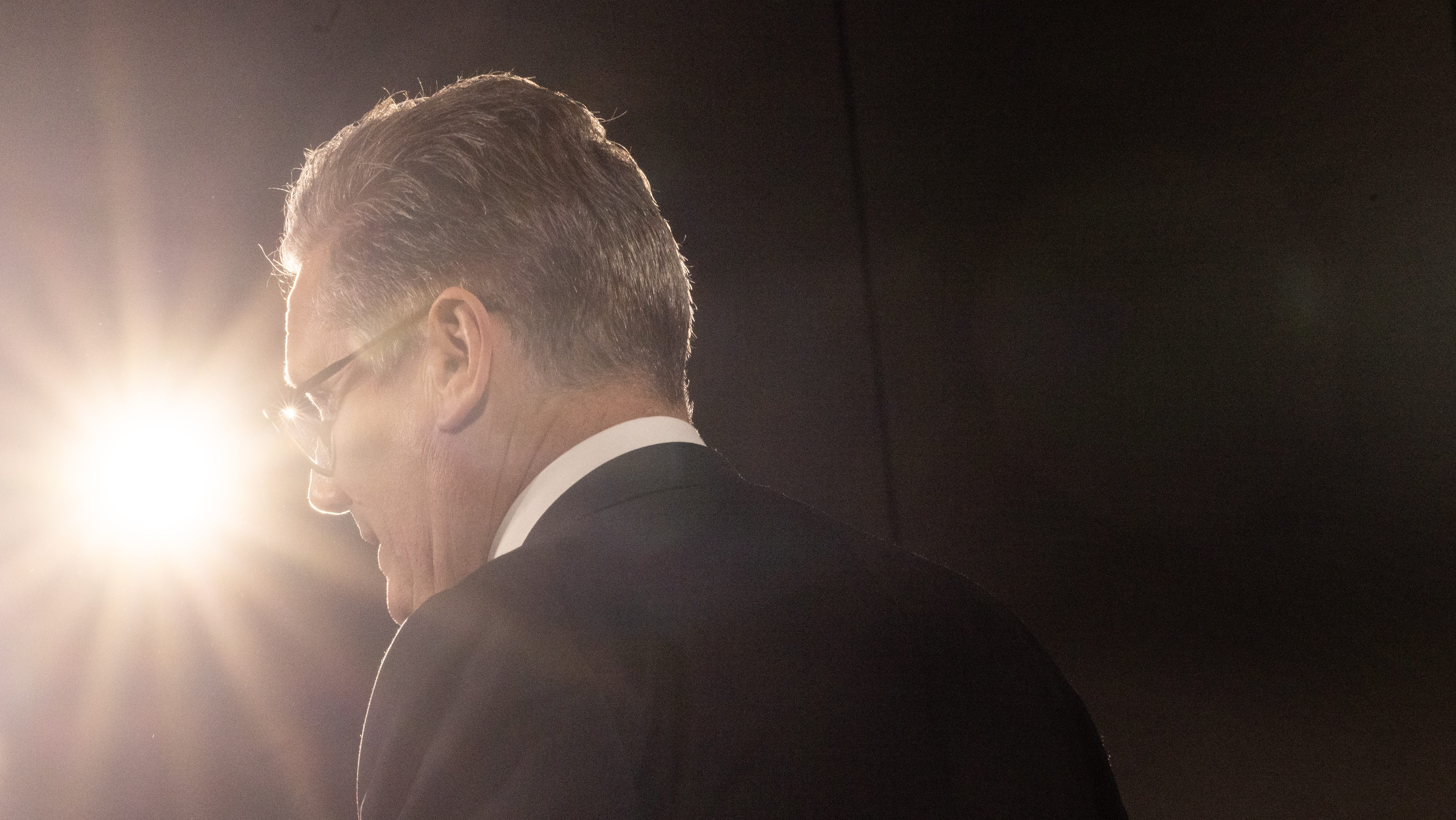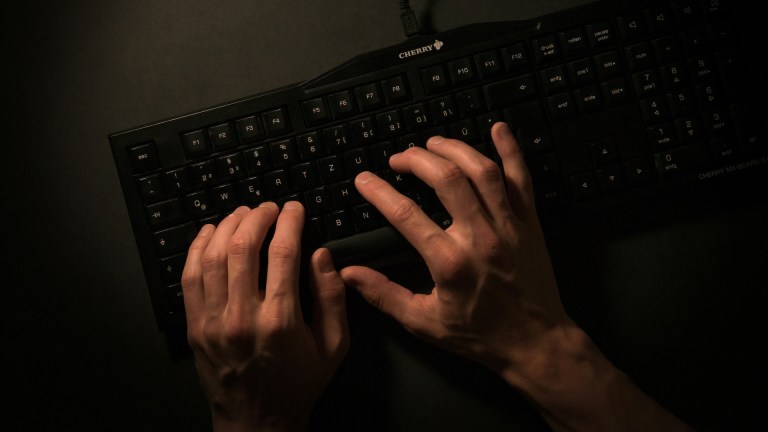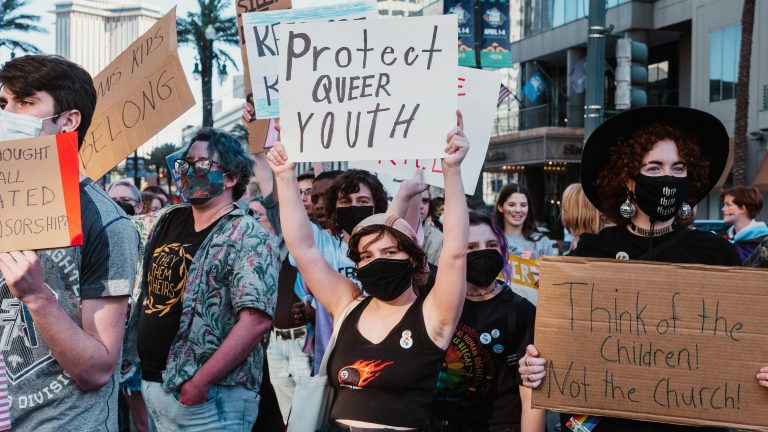The UK is the sixth richest country in the world, yet one in three children here are living in poverty. 300,000 UK children were thrust into poverty at the height of the cost of living crisis, and child homelessness is currently at record levels. At the same time, record numbers of young people are seeking help for ‘mental health conditions’, with young people from socioeconomically deprived backgrounds more likely to experience a ‘probable mental disorder’. This is far from coincidence.
Although there has been a recent spotlight on the crisis of child poverty, the link between poverty and child ‘mental health problems’ is missing from public consciousness. Doesn’t it make sense that a child attending school with a hungry belly, precarious housing, whose parents are desperately searching food-banks for dinner – might feel depressed, find it hard to pay attention, want to hurt themselves, or even want to die?
- Seven of the last nine PMs went to Oxford. Has it gotten us any closer to solving child poverty?
- ‘Shameful stuff’: Labour suspends seven rebel MPs who voted to end two-child benefit cap
Devastatingly, these young people suffering in poverty are further inundated by the daily stressors of social media, witnessing multiple genocides, bullying, myths of meritocracy, racism and more. It is indisputable that a child’s emotional and psychological experiences are shaped by the world we live in, and inextricably linked to social inequity and injustice.
A cultural shift is gravely needed in the way we understand children’s mental health. Astronomically rising rates of child poverty are a product of political choices, therefore different political choices could bring about the resources children need – dramatically improving their mental health. With a new government in the steering seat, it is an urgent and necessary time to acknowledge the politics of children’s mental health.
This is especially important, as the UK’s pervasive and popularised ‘mental health’ discourse is completely depoliticised. We are told that a child’s emotional difficulties are predetermined in some way by the child’s ‘nature’, brain, thinking-style or perhaps, even their parents are to blame. Children are being disproportionately mislabelled with psychiatric disorders, locating the problem within the child, without acknowledging the detrimental impact of poverty and state violence on their minds, spirits and bodies. This harmful, hyper-individualised way of understanding suffering unintentionally blames the child and family, obscuring the conditions of deprivation around a child that are the root cause of the problem.
As a psychologist working with young people and families, I’ve witnessed the intricate ways poverty impacts relationships and children’s psychological worlds. Poverty reduces emotional bandwidth in families, heightening the risk of domestic abuse and negatively impacting parenting behaviours. Furthermore, there is a grievous emotional toll on young people surviving hunger, cold and precarious housing conditions often with no private space. Recent global research indicates that housing instability and regular relocating, caused disrupted connections and loss of social capital for young people.










